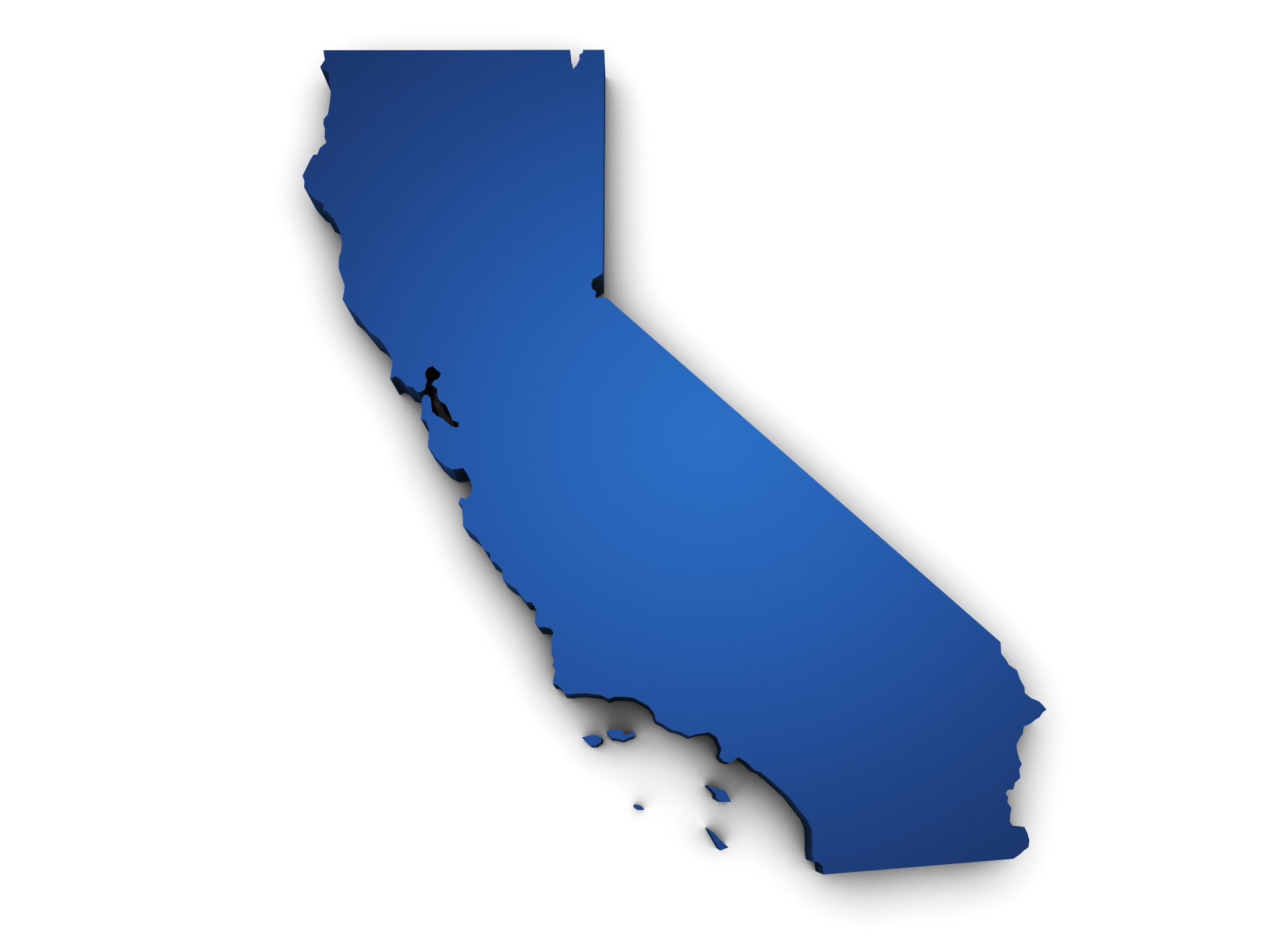Aquatics professionals and health experts may have the first draft of the Model Aquatic Health Code by this fall.
The MAHC is set to include comprehensive standards on all aspects of aquatics facility development and operation, including design, water chemistry, air quality, equipment and filtration. A “strawman” outline of the entire code was released late last year and is available online, along with other information about the MAHC.
The first version of a key section on fecal response has been finalized; several committees are in the process of preparing drafts; and draft versions of additional modules will be posted online in the coming months, said Doug Sackett, assistant director, New York State Department of Health, Bureau of Community Environmental Health & Food Protection.
“The whole reason for creating the MAHC in the first place is to prevent RWIs. In prioritizing, we determined that the first section should be the one dealing with fecal accidents,” said Sackett, who’s also director of the Aquatic Health Code and Risk Reduction Program for the Centers for Disease Control.
He noted that as additional modules become available for review, interested operators can participate in the public comment periods for each section. “We welcome the input, we want as much as possible,” Sackett added.
Currently, there are 12 technical committees of about 10 members each, all in various stages of developing one piece of the code. Each committee includes representatives from various interest groups, including health officials, pool operators, designers and manufacturers.
As with the modules posted by each committee, the completed MAHC will be available to everyone free of charge. “It will be providing a science-based defensible annex that will house the data and references behind the guidance,” Sackett said.
“One of the potential outcomes would be that all operators are trained in pool operation, safety and prevention of recreational water illnesses,” said Tracynda Davis, environmental health programs director at the National Swimming Pool Foundation. She said that once the committees have finished work and the final document is completed, a system for review and regular updates will be implemented.


